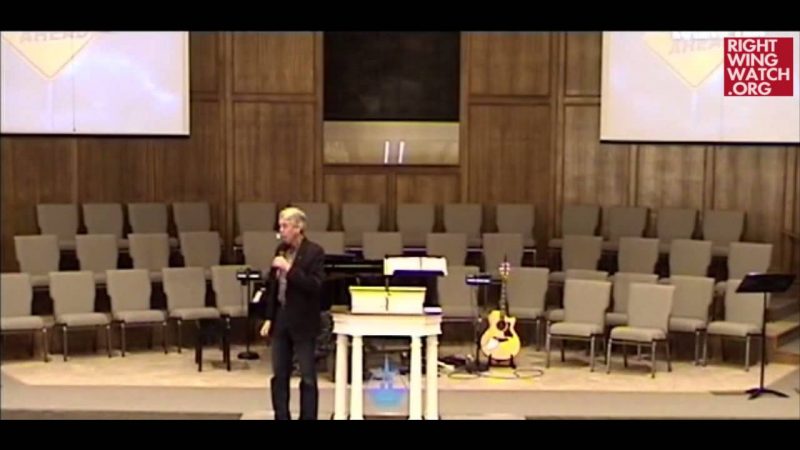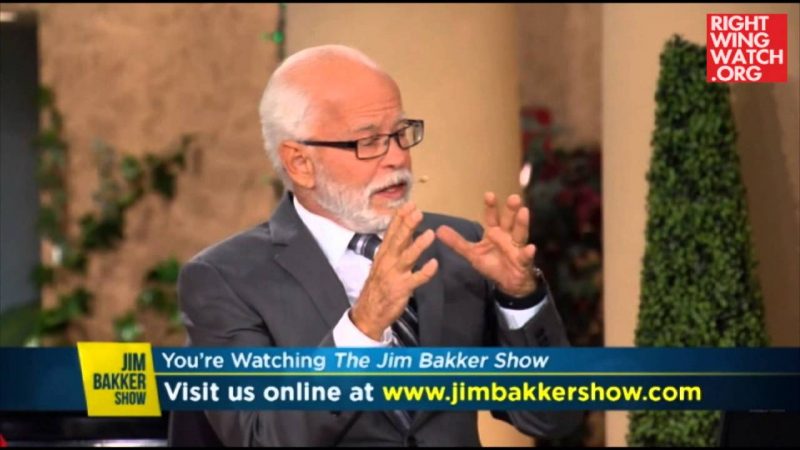In the past, we have chronicled how David Barton uses the Bible, in particular Matthew 20:1-16, to promote an ultra-right-wing economic view by claiming that Jesus opposed the minimum wage and any sort of employment discrimination laws.
Barton’s interpretation of this passage is particularly absurd since, as we have noted before, Matthew 20 is the famous “Parable of the Workers in the Vineyard” in which Jesus explains “the Kingdom of Heaven is like a landowner” who pays all of his works the same amount, regardless of how much they worked. The point of the parable is that no matter how late in one’s life one comes to Christ, the Heavenly reward is the same; those who embraced Christ on their deathbed will receive the same eternal reward as those who were Christians all of their lives because of God’s generous love.
On his “Wallbuilders Live” radio program today, Barton once again trotted out this parable, this time to declare that employers have no obligation to be “fair” to their workers and to suggest that Jesus also opposed unions:
The Bible says [the worker] started grumbling about what happened, grumbling about his wages and Jesus answered and said to him “am I being unfair to you friend? Didn’t you agree to work for a day’s wages? You take your pay and go. I want to give to the one who was hired the same as I gave to you. That’s my choice.” Here it is, Matthew 20:15. “Don’t I have the right to do what I want with my own money?”
Now, two things come out here, is if an employee agrees to work for an employer, that’s a contract between the two of them … and Jesus points out that you can go to a different vineyard if you don’t like what I’m paying. You’ve got the free market, you can go choose a different employer. You agreed to work for me for this wage and that’s what you’re going to get. So first you get the inviolability of contracts between employers and employees … and whatever is fair has nothing to do with it. That’s not their responsibility to be fair, it’s “I gave my word, that’s what I agreed to work for.” So Jesus says, as an employer, isn’t my money mine to do with as I please?
Second point is, where were unions in all this? The contract is between an employer and an employee, not between a group. He went out and hired individually the guys he wanted to work.
Notice how Barton takes a parable about the Kingdom of Heaven and transforms it into a Biblical justification for laissez-faire capitalism, anti-unionism, and employment discrimination and does so by attributing to Jesus words that Jesus himself put in the mouth of an unnamed landowner in order to demonstrate God’s generosity.
When Barton cites Matthew 20, it is not some parable about God’s love, but rather a lesson in right-wing econonics in which Jesus himself hires workers for his vineyard and tells those who complain about wage discrimination that they can take a hike if they don’t like it because employers have no obligation to be fair to their workers.








